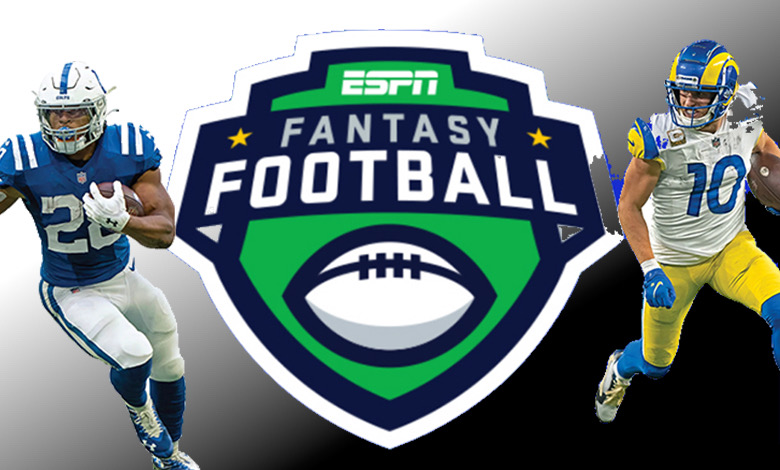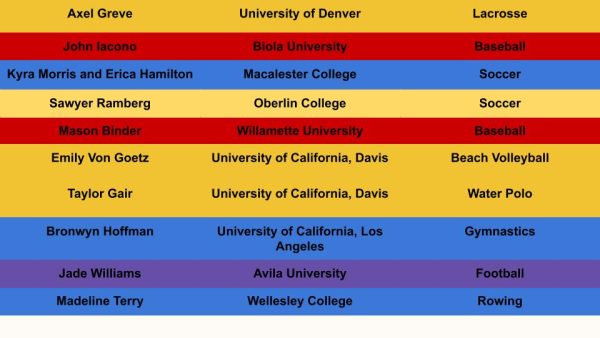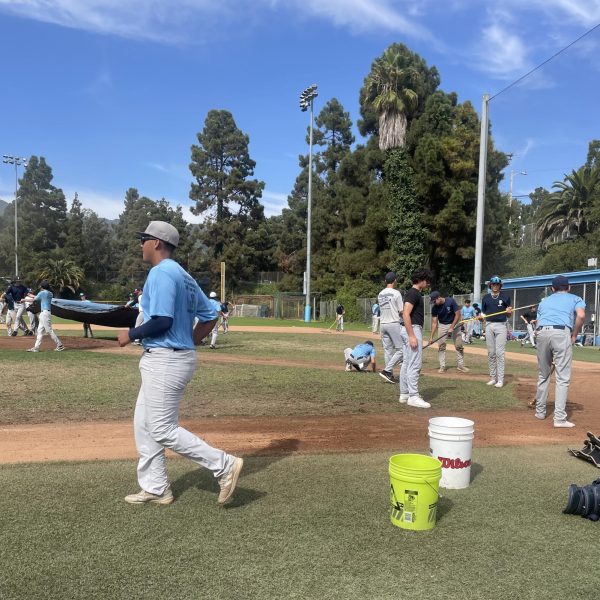Fantasy Football Returns for Another Competitive Season
With the start of the National Football League (NFL) season, the fantasy football season also began as football fanatics scrambled to draft teams that they hope will bring financial gain and glory.
Fantasy football allows league members to create their own teams of professional football players from the NFL. The athletes’ real-time stats are converted into points based on their performances, and these points are then used to determine the results of weekly matchups within the fantasy league. The season lasts 17 weeks and consists of 14 regular-season games and three postseason games.
Math teacher Stephen Matthews, who says that he has been playing fantasy football for about 20 years, said that the competition can be “a little frustrating… I started caring a lot less when I realized too much of my mood was determined by the health of my running back’s ACL… I just don’t care about it as much anymore.”
Meanwhile, others cannot imagine a fall without fantasy football. Entrepreneurship teacher Bradley Kolavo began two free-entry, 12-man leagues with his students.
“I asked for volunteers, and we filled up both 12-man leagues without a problem,” Kolavo said. “It’s definitely brought a camaraderie to the class.”
Not all leagues are as relaxed as Kolavo’s. Fantasy leagues are intensified by punishments and buy-ins looking to increase motivation among league’s participants. Punishments are customized to each league and put in place to affect the participant with the worst record.
The constant changes in players’ stats and conditions prompts league members to reevaluate their line-ups every week, rotating their players to start who they think will be the most successful.
Jared Hamm, a senior, said that after finishing last in his league last season, he had two bottles of syrup dumped on him. Then came the downpour of pink glitter.
“I’ve known those kids since forever so the punishments get crazier every year,” Hamm said.
Penalties vary by league. Veteran fantasy league participant Luca Kassab, a junior, said that he takes this hobby seriously due to the potential consequences of losing. This year, Kassab said that his league’s participants decided that the person placing last must run five miles immediately after consuming 1,500 calories.
Some leagues, including Kassab’s, require participants to pay entry fees that cost hundreds of dollars. This money is distributed at the end of the season, with the champion claiming the largest share.
“I have three $25 [buy-ins] and then one $150,” Kassab said.
Punishments and betting may spark conflict and increase intensity. Despite this, Hamm said that the experience brings everyone closer together.
As fantasy leagues continue to intensify, Matthews reminds us that fantasy football is “mainly just a way to stay in touch with friends.”

Emmett Heisen is currently a senior at Pali, and is in his first year with Tideline. He has always enjoyed writing and is excited to be a staff writer...

Cole Sugarman, a sophomore, is excited for his second year in Tideline and is looking forward to improving his storytelling skills. Outside of the classroom,...

Jonah Bahari, a senior, is returning to Pali’s Journalism program for his third and final year. He is ecstatic to serve as the head of the graphics department...












